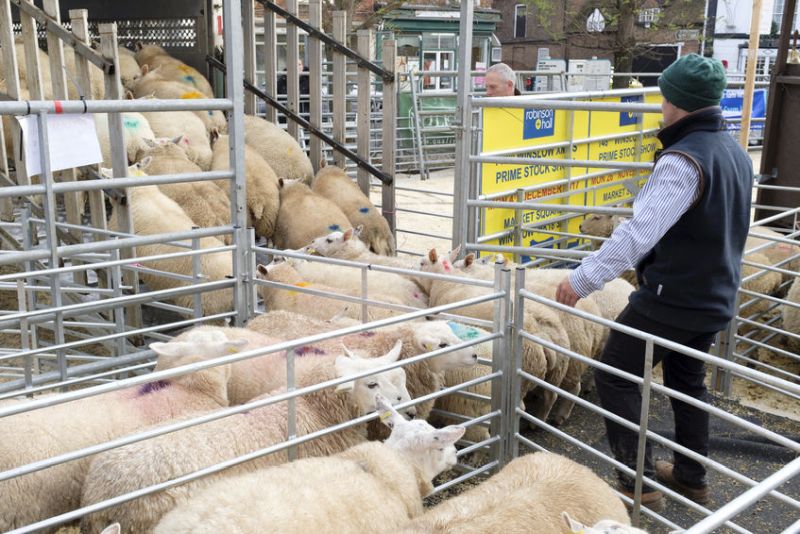
The government is stepping up preparations for a no-deal Brexit as it urges food exporters to follow guidance so they are ready to trade.
Importers and exporters of animals and animal products will be subject to new requirements if the UK leaves the EU without a deal on 31 October.
This would include foodstuffs ranging from cuts of meat to cheese, as well as fish.
The rules would also apply to the import and export of live animals and other consignments such as germplasm and animal by-products.
Defra's farming minister George Eustice says the government is increasing its readiness for a no-deal as the UK will leave the EU 'whatever the circumstances'.
“While the government is seeking a deal with determination, we have stepped up our preparations and we will be fully ready to leave the EU on 31 October.
“If you or your business import or export animals or animal products such as meat eggs or dairy, we want to help make sure you are ready for Brexit.
“Our guidance is designed to clearly set out the steps you need to take to ensure you are ready to trade after we leave the EU,” Mr Eustice said.
Government guidance sets out the steps food and farming businesses will need to take to import or export these goods.
If the UK is granted listed status for third country exports of animals and animal products, exporters, in addition to meeting customs requirements, will need to ensure they comply with regulation.
In order for exports of these products to continue if no-deal happens, the European Commission will need to vote whether to list the UK as a ‘third country’.
If this happens, government says that all consignments must be accompanied by an Export Health Certificate (EHC) signed by a certifier such as an Official Veterinarian.
All consignments will also need to travel via a Border Inspection Post (BIP) and comply with food labelling requirements.
Before the previous Brexit deadline of 21 April, the UK’s listed status application was agreed by EU member states.
They accepted the application after it met the animal health and biosecurity assurances required for a third country to export live animals and animal products.
NFU President Minette Batters said at the time: “Even with third country listing, a no-deal Brexit could have catastrophic impacts on food and farming in Britain.
“Over 60% of British agri-food exports go to the EU so it is essential that we maintain a close relationship with our biggest international trading partner – one that is as free and frictionless as possible.”
Regarding imports of animals and animal products after Brexit, the government says that while it can continue the way that notifications are raised is changing.
Businesses importing certain goods from outside the EU will need to use a new system called IPAFFS to notify authorities of their imports.
This will be instead of the EU’s TRACES system currently used by businesses.
Users are encouraged to register for IPAFFS from the 30th September, government guidance says.
